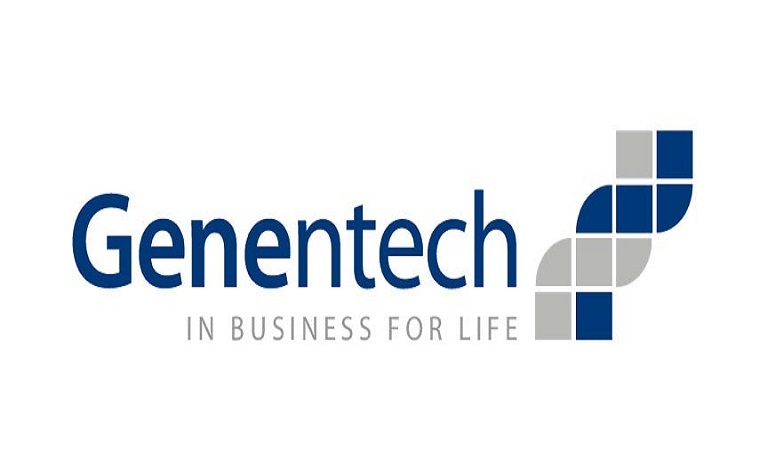Genentech, Inc issued the following announcement on July 11.
Genentech, a member of the Roche Group (SIX: RO, ROG; OTCQX: RHHBY), today announced submission of a supplemental New Drug Application (sNDA) to the U.S. Food and Drug Administration (FDA) for Venclexta® (venetoclax), in combination with a hypomethylating agent or in combination with low dose cytarabine (LDAC), for treatment of people with previously untreated acute myeloid leukemia (AML) who are ineligible for intensive chemotherapy. The submission is based on the results of two Phase Ib/II studies that evaluated Venclexta in combination with azacitidine or decitabine (M14-358 study) or LDAC (M14-387 study) in this patient population. Venclexta is being developed by AbbVie and Genentech, a member of the Roche Group. It is jointly commercialized by the companies in the U.S. and commercialized by AbbVie outside of the U.S.
“Nearly 20,000 people will be diagnosed with AML in the U.S. this year, and many of them are not eligible to receive standard intensive chemotherapy,” said Sandra Horning, M.D., chief medical officer and head of Global Product Development. “AML is an aggressive disease with the lowest survival rate of all leukemias, and we look forward to working closely with the FDA to bring this potential option to patients with this very difficult-to-treat blood cancer as soon as possible.”
Data recently presented from the Phase Ib M14-358 study showed Venclexta in combination with azacitidine or decitabine resulted in a complete remission rate (with or without full recovery of normal blood cell count; CR/CRi) of 73 percent in patients treated with Venclexta at a dose of 400 mg. After more than a year of follow-up, the observed median overall survival (OS) across all Venclexta dose groups in the study was 17.5 months (95 percent CI: 12.3-not reached). The most common Grade 3-4 adverse events (occurring in 10 percent or more patients) were low white blood cell count with fever, low white blood cell count, anemia, low platelet count and decreased potassium levels.
Additionally, results from the Phase Ib/II M14-387 study of Venclexta in combination with LDAC showed a CR/CRi rate of 62 percent in patients treated with Venclexta at a dose of 600 mg. After more than a year of follow-up, the observed median OS was 11.4 months (95 percent CI: 5.7-15.7). The most common Grade 3-4 adverse events (occurring in 10 percent or more patients) were low white blood cell count with fever, decreased potassium levels, pneumonia, disease progression, decreased phosphate levels, high blood pressure and sepsis (blood infection).
The FDA previously granted two breakthrough therapy designations for Venclexta in previously untreated AML ineligible for intensive chemotherapy, either in combination with hypomethylating agents or LDAC, based on results from these two studies. Recently, the FDA approved Venclexta in combination with Rituxan® (rituximab) for the treatment of people with chronic lymphocytic leukemia (CLL) or small lymphocytic lymphoma (SLL), with or without 17p deletion, who have received at least one prior therapy. A robust clinical development program is ongoing in several other cancer types.
Original source can be found here.











 Alerts Sign-up
Alerts Sign-up